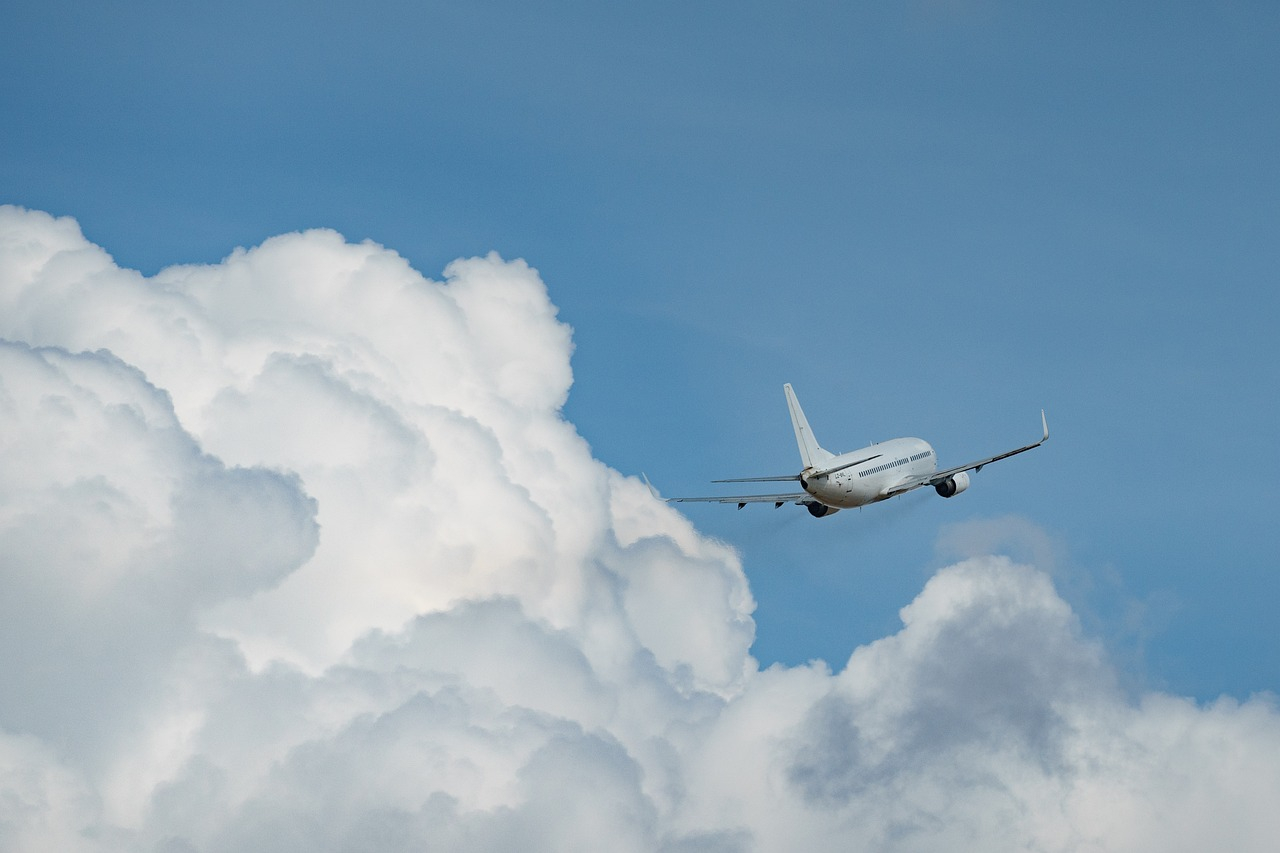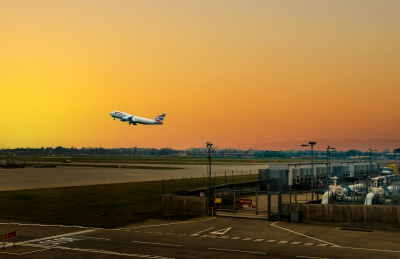The challenge from global airlines
The Air Passenger Protection Regulations, which began rolling out in July 2019, faced immediate resistance from several major airlines and industry bodies. These airlines contended that the new rules conflicted with the Montreal Convention, an international treaty ratified by Canada in 2001. The treaty established rules for compensation tied to negligence or injury, providing a legal avenue for passengers to seek damages. The airlines argued that the existing framework under the Montreal Convention should supersede Canada’s additional regulations, which mandated standardized compensation for delays within an airline’s control, regardless of direct harm to passengers.
In their appeal, the airlines asserted that the new regulations imposed an undue burden, adding unnecessary layers of complexity to an already regulated industry. However, the Supreme Court disagreed, ruling that there was no inherent conflict between the Canada Transportation Act and the Montreal Convention. This decision not only upheld the regulations but also reinforced the principle that consumer protection could coexist with international aviation treaties.
Key provisions of the air passenger protection regulations
The 2019 regulations introduced several critical provisions designed to protect air travelers. One of the most significant elements is that passengers can claim compensation for flight delays, cancellations, or denial of boarding without proving harm, as required under the Montreal Convention. Instead, the regulations provide a more straightforward path for passengers, setting compensation amounts based on the length of the delay or the reason for the disruption.
The regulations are clear that compensation is due whenever a delay or cancellation occurs for reasons within the airline’s control and not related to safety. This ruling removes the option for airlines to invoke defenses like "due diligence" or contributory negligence to avoid compensating passengers. As long as the disruption is within the airline’s control, passengers are entitled to fixed compensation, helping to streamline the claims process.
This protection regime includes compensation not just for delays and cancellations but also for issues such as lost or damaged baggage. According to the Canadian Transportation Agency (CTA), these rules clarify the minimum obligations of airlines toward passengers, strengthening the framework for consumer rights in the air travel industry.
Supreme court ruling: a win for consumers
The Supreme Court of Canada’s decision to dismiss the airlines' appeal was hailed as a significant victory for consumers. John Lawford, representing the Public Interest Advocacy Centre, which intervened in the case, noted that the ruling encourages airlines to integrate passenger protection regulations into their operational norms. Lawford emphasized that this decision helps foster trust between passengers and airlines, potentially easing the backlog of complaints and boosting consumer confidence in the airline industry.
The SCC ruling also clarified the distinction between the compensation available under the Montreal Convention and that provided by Canadian regulations. While the Montreal Convention covers damages tied to injury or negligence, the Canadian regulations are focused on consumer rights, ensuring that passengers are compensated for service disruptions, regardless of injury. This is a crucial distinction, as it ensures passengers have access to a simplified process for claims that might otherwise be hindered by complex legal procedures.
However, despite the ruling, Lawford acknowledged that the decision would not necessarily expedite the compensation process. The CTA continues to face a significant backlog of complaints, with over 79,000 cases still pending, some dating back several years. This backlog highlights the challenges of enforcing the regulations promptly and underscores the need for additional resources to address the volume of claims.
Industry response and future challenges
The airline industry expressed disappointment with the Supreme Court’s decision. The International Air Transport Association (IATA), representing many global airlines, argued that while airlines play a crucial role in providing a safe and efficient travel experience, the Canadian government should also focus on improving other aspects of the air travel system. According to IATA, a more comprehensive approach, addressing all parts of the travel value chain, could better protect passenger interests.
The IATA called on the federal government to address issues within its control, such as air traffic management and airport infrastructure, to minimize disruptions and improve the overall travel experience. While the Supreme Court ruling reinforces the responsibility of airlines, it also underscores the broader challenges in ensuring a smooth and efficient air travel system, especially as the demand for air travel continues to grow.
Ongoing challenges for the Canadian transportation agency
As the regulatory body responsible for adjudicating passenger complaints, the Canadian Transportation Agency plays a crucial role in enforcing the 2019 regulations. The most recent statistics provided by the CTA indicate that over 150,000 complaints have been filed since April 2019, with 22,309 new complaints already recorded in 2023 alone. While the regulations provide clear guidelines for compensation, the backlog of complaints remains a significant issue for the agency.
The CTA has acknowledged the challenge of processing this large volume of complaints but reaffirmed its commitment to upholding the regulations. The agency’s task is further complicated by the complexity of some cases, as well as the sheer number of passengers affected by flight delays, cancellations, and lost baggage.
The Supreme Court of Canada’s ruling marks a critical moment for air passenger rights in Canada. By upholding the 2019 Air Passenger Protection Regulations, the SCC has strengthened consumer protections, ensuring that passengers are entitled to compensation for delays and disruptions within the airline’s control. While the decision is a victory for consumers, ongoing challenges, such as the CTA’s backlog of complaints and broader issues within the air travel system, must still be addressed to ensure that passengers receive timely compensation and a more seamless travel experience. The ruling sets a precedent for airline accountability and reinforces the need for a more consumer-friendly approach in the aviation industry.
source: CTV News


 Whether you're looking for an adventurous outing with your loved ones or a peaceful exploration on your own, Santorini full
Whether you're looking for an adventurous outing with your loved ones or a peaceful exploration on your own, Santorini full Travelling from Bristol to London Heathrow Airport is a journey that requires careful planning, especially when catching an important flight.
Travelling from Bristol to London Heathrow Airport is a journey that requires careful planning, especially when catching an important flight. The recent remarks by Prime Minister Justin Trudeau about Heinz's exit from Canada have sparked a response from the ketchup
The recent remarks by Prime Minister Justin Trudeau about Heinz's exit from Canada have sparked a response from the ketchup

